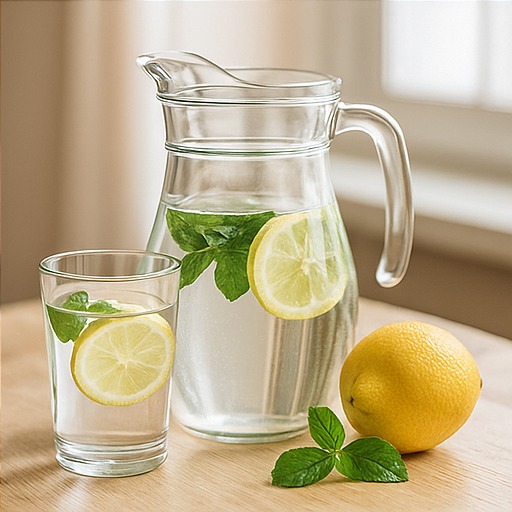Water is essential to life, yet many people underestimate the role hydration plays in everyday health. From energy levels to skin condition, the simple act of drinking enough water has wide-reaching effects. Unlike supplements or elaborate routines, hydration is a straightforward habit with immediate benefits. The human body is over half water - and that fact alone should highlight why consistent intake matters so much.
Hydration influences both short-term performance and long-term well-being. A glass of water in the morning refreshes circulation after hours of sleep. A steady intake throughout the day prevents fatigue, sharpens focus, and supports digestion. By the time thirst appears, your body is already signaling mild dehydration, which can affect mood, memory, and physical energy.
Below we’ll look at eight key reasons hydration is so vital and how small daily practices can keep your body balanced. Think of them as reminders rather than strict rules: simple, actionable steps that make a measurable difference.
Whether your days are packed with meetings, workouts, or simply routines at home, water is the invisible foundation that sustains them all.

1. Supporting physical performance
Even mild dehydration reduces endurance, strength, and coordination. Muscles need water to contract efficiently, and joints rely on it to stay lubricated.
During workouts, sweat loss makes replenishment even more critical. Athletes often measure hydration by body weight before and after exercise to ensure balance.
For everyday activity, sipping water regularly is enough to maintain comfort and prevent strain. It’s less about large amounts at once, more about steady intake.
Hydration doesn’t only support intense training - it also makes routine movements feel easier and less tiring.
Think of water as the simplest, cheapest performance enhancer available.
2. Boosting mental clarity
Water fuels not just the body but the brain. Concentration, memory, and alertness all dip when hydration is neglected.
Studies show that even 1–2% fluid loss affects cognitive performance. Tasks feel harder, moods sour, and focus drifts more quickly.
Morning hydration is particularly powerful. A glass of water soon after waking reactivates systems slowed during sleep, giving your brain a clear head start.
For people working long hours at desks, keeping a water bottle visible can act as a simple yet effective reminder.
Clarity of thought often depends less on caffeine than on adequate fluids.

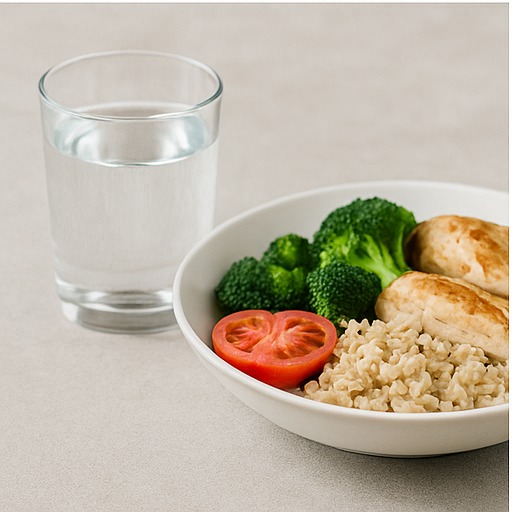
3. Aiding digestion and nutrient absorption
Water is a silent partner in every stage of digestion. It helps break down food, dissolve nutrients, and transport them through the bloodstream.
Without enough fluids, digestion slows, sometimes leading to discomfort or irregularity. Hydration ensures smoother function and greater efficiency.
Meals paired with water tend to digest more comfortably, reducing the strain on the stomach and intestines.
Hydration also supports metabolism, making it easier for the body to convert food into usable energy.
In short: every nutrient relies on water to complete its journey from plate to cell.
4. Regulating body temperature
Sweating is the body’s natural cooling system, and it depends on sufficient hydration. Without enough fluids, temperature regulation falters.
In hot weather or during exercise, this becomes more critical. Dehydration raises the risk of heat exhaustion and related illnesses.
Even in cool climates, water supports the balance between heat production and release. Hydration stabilizes comfort levels regardless of season.
Carrying a water bottle during outdoor activities is not just a convenience - it’s protection against overheating.
Temperature balance is another invisible benefit that becomes obvious only when it’s lacking.
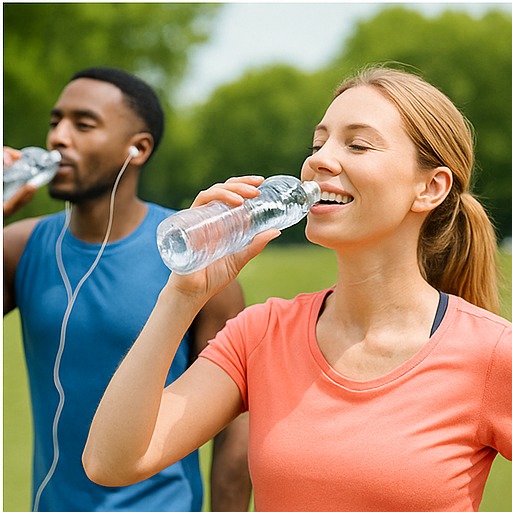
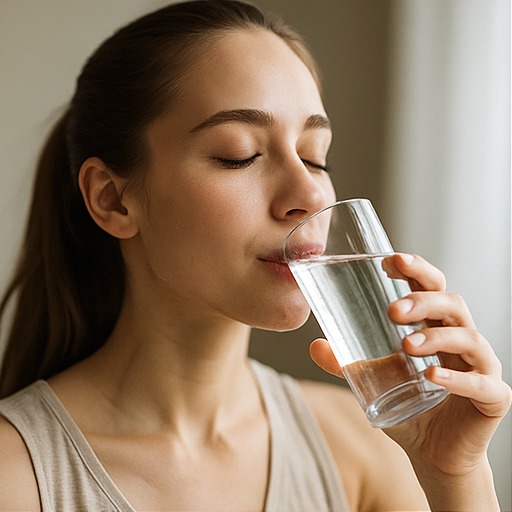
5. Supporting skin health
Skin reflects inner balance. Well-hydrated bodies show it through elasticity, smoothness, and a healthy glow.
Dehydration can make skin look dull or emphasize fine lines, especially in dry environments.
While water alone won’t replace a good skincare routine, it provides the base. Moisture from the inside helps creams and treatments work better.
Regular water intake is one of the simplest beauty practices - low-cost, sustainable, and universally accessible.
The link between hydration and appearance is subtle yet unmistakable over time.
6. Supporting kidney function
Kidneys are the body’s filtration system. They remove waste and balance electrolytes, both tasks requiring sufficient water.
Dehydration forces kidneys to work harder, which can contribute to discomfort or long-term strain.
Steady fluid intake dilutes waste products, easing the process and lowering risks of complications.
Signs like darker urine often signal when hydration is slipping - a simple indicator anyone can track.
Healthy kidneys quietly depend on your daily water choices.
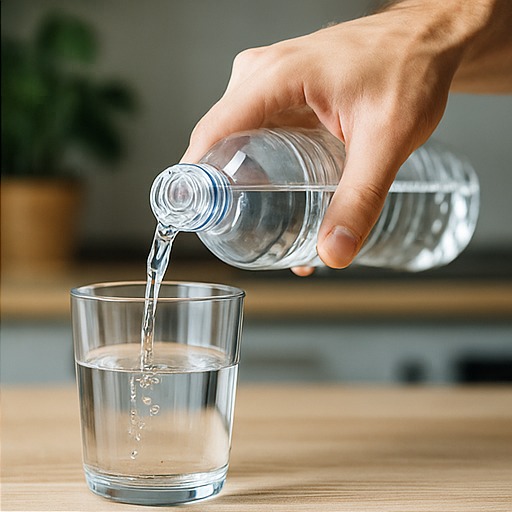

7. Managing energy and fatigue
Fatigue is often blamed on lack of sleep or nutrition, but dehydration is an overlooked cause. Even mild fluid loss leaves people feeling sluggish.
Water supports circulation and oxygen transport, fueling cells with what they need to keep energy stable.
Many afternoon slumps respond better to a glass of water than to an extra coffee.
Carrying a refillable bottle ensures that water is always accessible, reducing reliance on energy drinks or stimulants.
Hydration is the unsung ally of vitality throughout the day.
8. Simple strategies for staying hydrated
Set small reminders: keep a glass on your desk, drink before each meal, and refill your bottle after finishing it. These cues make hydration automatic.
Infused water with fruit or herbs adds variety without sugar, encouraging more frequent sipping.
Pay attention to context - heat, exercise, and altitude all increase your needs. Adjust intake accordingly instead of sticking to a rigid number.
Hydration is less about perfection and more about steady habits. Every glass counts, and small adjustments accumulate into long-term benefits.
View water as a companion rather than a chore. With practice, drinking enough becomes effortless.
